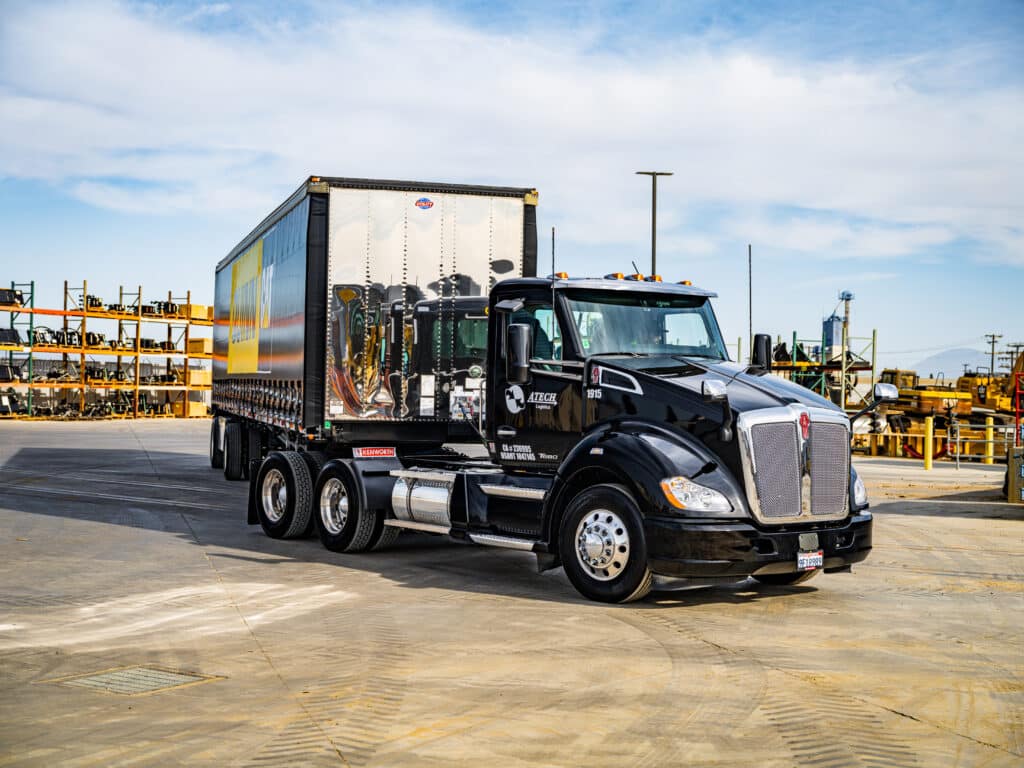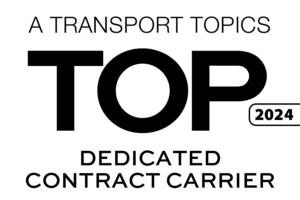
As the multifaceted world of logistics evolves, the industry faces the emerging problem of freight fraud. This issue brings significant challenges for those involved, putting business and the supply chain at risk. Its effects exploit the transportation and logistics sector, causing operational disruptions and substantial financial losses. Here we will explore freight fraud, its common forms, and strategies to prevent it.
Understanding Freight Fraud
Freight fraud occurs in the process of shipping goods. This fraudulent action involves individuals or groups manipulating transportation transactions for financial gain. Freight fraud can affect shippers, carriers, brokers, and consignees, making it a pervasive issue within the industry.
Common Forms of Freight Fraud
Double Brokering
Double brokering happens when a freight broker, who is supposed to arrange transportation, re-brokers the load to another broker without the shipper’s knowledge. This practice can lead to payment disputes and delivery failures.
The common fraud is often initiated by international groups, as the Wall Street Journal reported recently because these groups realize “how easy it is to do it.” In places like Armenia and other European countries, there are call centers dedicated to double brokering, becoming the full-time job of some people to “double broker loads and make money by committing fraud.”
“Freight fraud costs at least $500 million in payments annually, according to an industry group,” reported the Wall Street Journal.
Cargo Theft
Cargo theft involves the outright stealing of goods in transit. Thieves target valuable shipments, often using sophisticated methods to hijack trucks or divert shipments to unauthorized locations.
Identity Theft and Impersonation
Identity theft ranks among the most common types of freight fraud. Fraudsters often pose as legitimate carriers or brokers to access shipments. They utilize stolen or fabricated identities to deceive shippers and steal cargo.
Phishing and Cyber Attacks
Cybercriminals use phishing and other cyber attacks to gain access to sensitive information, such as login credentials and financial details. This information can be used to facilitate various fraudulent activities.
Non-Payment and Payment Fraud
In payment fraud, the perpetrator may receive the shipment but fails to pay for the goods or the freight services. This can involve fake payment proofs, bounced checks, or unauthorized chargebacks.
Fighting Freight Fraud
Online processes make companies vulnerable to freight fraud because scammers are using fake names, fake companies, fake addresses, and fake phone numbers, and it can become nearly impossible to catch them. Many times, irreparable damage has already occurred. As the trucking industry’s main regulator, the Federal Motor Carrier Safety Administration (FMCSA) is often the first point of contact for companies who have fallen victim to freight fraud. However, the process can be daunting and slow.
According to the Wall Street Journal’s investigation, a spokeswoman at FMCSA reported that the agency plans to update its systems to help prevent fraud, but so far it is proving to be a frustrating process. “It’s a very easy crime to commit. It’s very hard for law enforcement to stop this, and people are getting very frustrated,” reported the WSJ.
The best approach to freight fraud is to try to prevent it. Preventing freight fraud requires a multi-faceted approach, combining technology, vigilance, and best practices.
Here are some key strategies to avoid falling victim to freight fraud:
-
Verify who you are working with:
- Partner Selection: Work with reputable companies in the industry, primarily freight brokerages who have in place strategies to vet brokers and carefully develop relationships with them, ensuring the cargo is safe.
- Verify Credentials: Always ask the right questions and verify the credentials of carriers and brokers before engaging their services. Check their Motor Carrier (MC) number, Department of Transportation (DOT) number, and insurance coverage. Use platforms like the FMCSA to validate their legitimacy.
- References and Reviews: Seek references and read reviews from other businesses that have used their services. A reputable company will have a track record of positive feedback and reliable performance.
-
Use of Technology:
- Cybersecurity: Implement security controls apt to your needs, whether they are physical, operational, or technological measures to detect and respond to threads. Implement robust cybersecurity measures to prevent unauthorized access or data breaches.
- Freight Management Systems: Implement freight management systems that offer real-time tracking and monitoring of shipments. These systems can alert you to any deviations or suspicious activities during transit.
- Blockchain Technology: Consider adopting blockchain technology for secure and transparent transactions. Blockchain can help maintain an immutable record of transactions, reducing the risk of fraud.
-
Secure Payment Methods:
- Escrow Services: Use escrow services for payment transactions. The funds are held by a third party and released only when the terms of the contract are fulfilled, ensuring both parties’ security.
- Credit Checks: Conduct credit checks on new clients or partners to assess their financial stability and reliability. This can help mitigate the risk of non-payment.
- Audit Bills: At least once a year, all freight bills should undergo an audit to check the integrity and accuracy of records.
-
Empower your Team with Training:
- Employee Training: Train employees to recognize and respond to potential fraud scenarios. This includes identifying phishing emails, verifying identities, and following security protocols.
- Awareness Campaigns: Conduct regular awareness campaigns to keep staff informed about the latest fraud tactics and preventive measures.
- Reporting Procedures: Establish a clear protocol for employees to follow and report suspicious activities. Encourage transparency and communication.
-
Legal Measures and Contracts:
- Strong Contracts: Draft comprehensive contracts that clearly outline the responsibilities and liabilities of each party involved. Include clauses that address fraud and specify the consequences of fraudulent activities.
- Legal Recourse: Be prepared to take legal action against fraudulent entities. Having a legal strategy in place can act as a deterrent to potential fraudsters.
-
Collaboration and Information Sharing:
- Industry Networks: Join industry networks and associations that focus on combating freight fraud. Sharing information and experiences with peers can help identify emerging threats and effective countermeasures.
Conclusion
Freight fraud is a growing threat in the logistics industry, with potentially severe consequences for businesses. Understanding the various forms of fraud and implementing robust preventive measures is the best practice to protect your operations and assets. By conducting due diligence, using technology, empowering employees, and collaborating with other companies in the industry, companies can significantly reduce the risk of falling victim to freight fraud.

